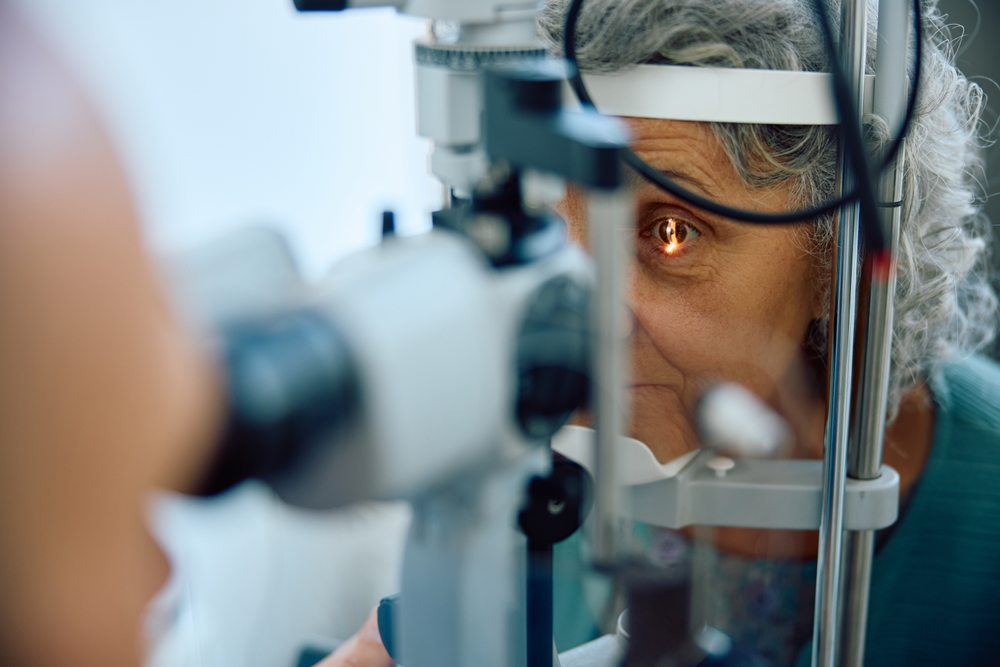
When most people think about eye exams, they often focus on updating a glasses or contact lens prescription. But comprehensive eye exams go far beyond checking how clearly you can see. These detailed evaluations can also uncover early signs of systemic health conditions that might otherwise go unnoticed. At Drs. Farkas, Kassalow, Resnick & Associates, our eye doctors on the Upper East Side are trained to detect hidden health issues through the eyes, helping to protect not only your vision but your overall well-being.
What Is a Comprehensive Eye Exam?
A comprehensive eye exam includes more than just a vision screening. During your visit, our eye doctors assess your visual acuity, eye coordination, depth perception, and refraction. More importantly, we use advanced diagnostic tools to evaluate the internal and external structures of your eyes, including the retina, optic nerve, blood vessels, and eye pressure. This allows us to detect subtle changes that may indicate broader health concerns.
Eye Exams and Systemic Health Conditions
Your eyes are the only place in the body where a doctor can directly observe blood vessels, nerves, and connective tissue. Because of this, comprehensive eye exams can provide early warning signs for conditions that impact more than just your vision.
Some of the health issues that can be detected during an eye exam include:
• Diabetes: Diabetic retinopathy is often one of the first indicators of undiagnosed or poorly controlled diabetes. Our doctors can detect changes in the blood vessels of the retina that signal this condition.
• High Blood Pressure: Elevated blood pressure can cause narrowing of the blood vessels in the eye, swelling of the optic nerve, or retinal bleeding—findings that can be visible during an exam.
• High Cholesterol: A yellowish ring around the cornea or plaques in the retinal vessels may be early signs of elevated cholesterol.
• Autoimmune Diseases: Conditions such as lupus or rheumatoid arthritis can cause inflammation in the eye, which may be spotted during your exam.
• Thyroid Disorders: Bulging eyes or changes in eye movement may indicate a thyroid imbalance, such as Graves’ disease.
• Neurological Disorders: Swelling of the optic nerve or visual field changes can point to brain tumors, aneurysms, or multiple sclerosis.
Why Routine Eye Exams Are Crucial
Even if you aren’t experiencing vision problems, it’s essential to schedule annual comprehensive eye exams. Many serious health issues do not present noticeable symptoms in the early stages. The eyes offer a unique window into your overall health, and early detection through an eye exam can lead to earlier intervention, better treatment outcomes, and preserved quality of life.
Prioritize Your Health with a Comprehensive Eye Exam in Roslyn
At Drs. Farkas, Kassalow, Resnick & Associates, we believe your vision care should be as thorough and preventive as the rest of your healthcare. Our comprehensive eye exams on the Upper East Side are designed to uncover not only vision issues but also signs of systemic health problems that could otherwise go undetected.
Schedule your comprehensive eye exam with our trusted Upper East Side eye doctors at Drs. Farkas, Kassalow, Resnick & Associates and take a proactive step toward whole-body wellness. Contact our office in Roslyn, New York, by calling (516) 365-4500 to book an appointment today.









